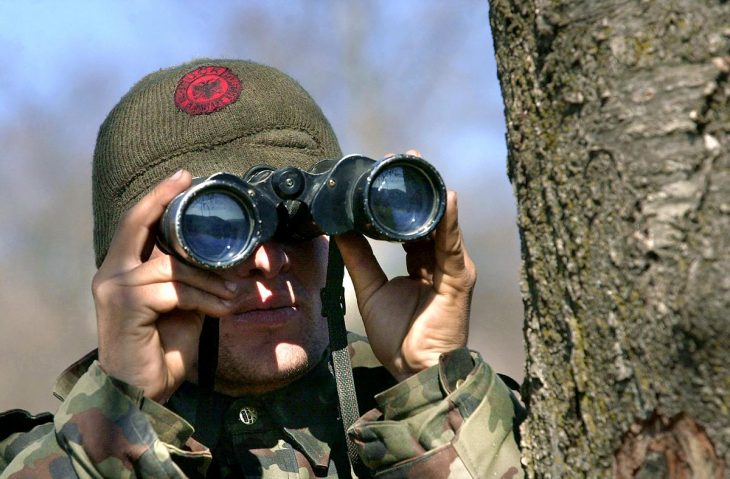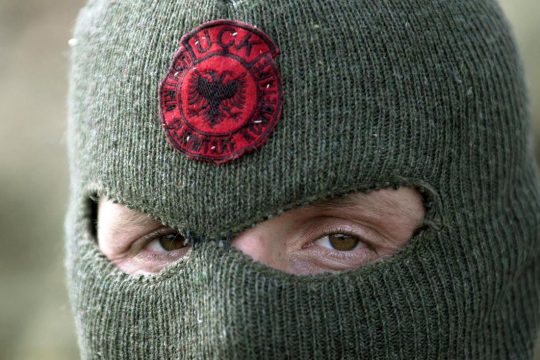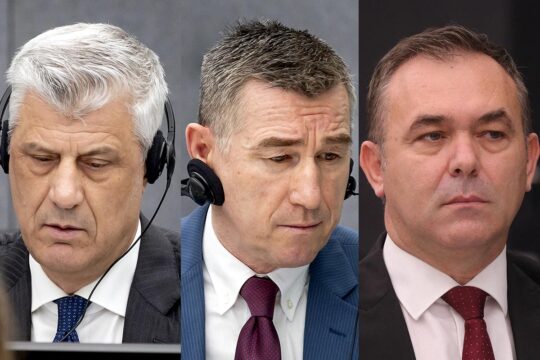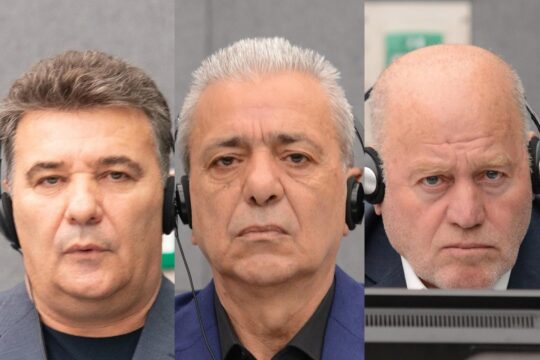The prosecutor for a Hague-based court has handed down the first indictments over alleged war crimes committed by Kosovo guerrillas during a 1990s conflict, a spokeswoman said Monday.
The Kosovo Specialist Chambers did not identify the suspects but several former high-level officials from recent years have previously been summoned for questioning by the tribunal.
The EU-backed tribunal was established in 2015 to investigate crimes by independence-seeking ethnic Albanian guerrillas against mainly Serb civilians during the 1998-1999 war.
"I can confirm that the president has assigned a pre-trial judge to review indictments filed by the Specialist Prosecutor. The content is confidential," a spokesman for the court said.
"The pre-trial judge has a maximum of six months to either confirm or dismiss the indictments."
The war pitted Kosovo Liberation Army guerrillas seeking independence for the southern Serbian province of Kosovo against Serbia's forces, who withdrew from the territory after an 11-week NATO bombing campaign.
The tribunal was created following an international probe after a Council of Europe report tied top former Kosovo guerrilla leaders, including current President Hashim Thaci, to atrocities.
Kosovo's outgoing Prime Minister Ramush Haradinaj resigned in July after being summoned by the prosecutor for interrogation as a suspect.
Kosovo's wartime intelligence chief and outgoing parliamentary speaker Kadri Veseli said in November he had been summoned by the court to be questioned.
The KLA's war veterans' organisation has said that more than 100 ethnic Albanian fighters had been called for questioning so far.
The Council of Europe report noted the disappearance of almost 500 people, including about 400 Serbs, after late Serbian strongman Slobodan Milosevic's forces withdrew from Kosovo in June 1999, when the KLA had "virtually exclusive control on the ground".
The report unveiled reports of abductions, summary executions and -- most controversially -- the trafficking of prisoners' organs.
The court operates under Kosovo law and sits in The Hague in the Netherlands to protect witnesses. It is staffed with international judges and prosecutors funded by the European Union.







